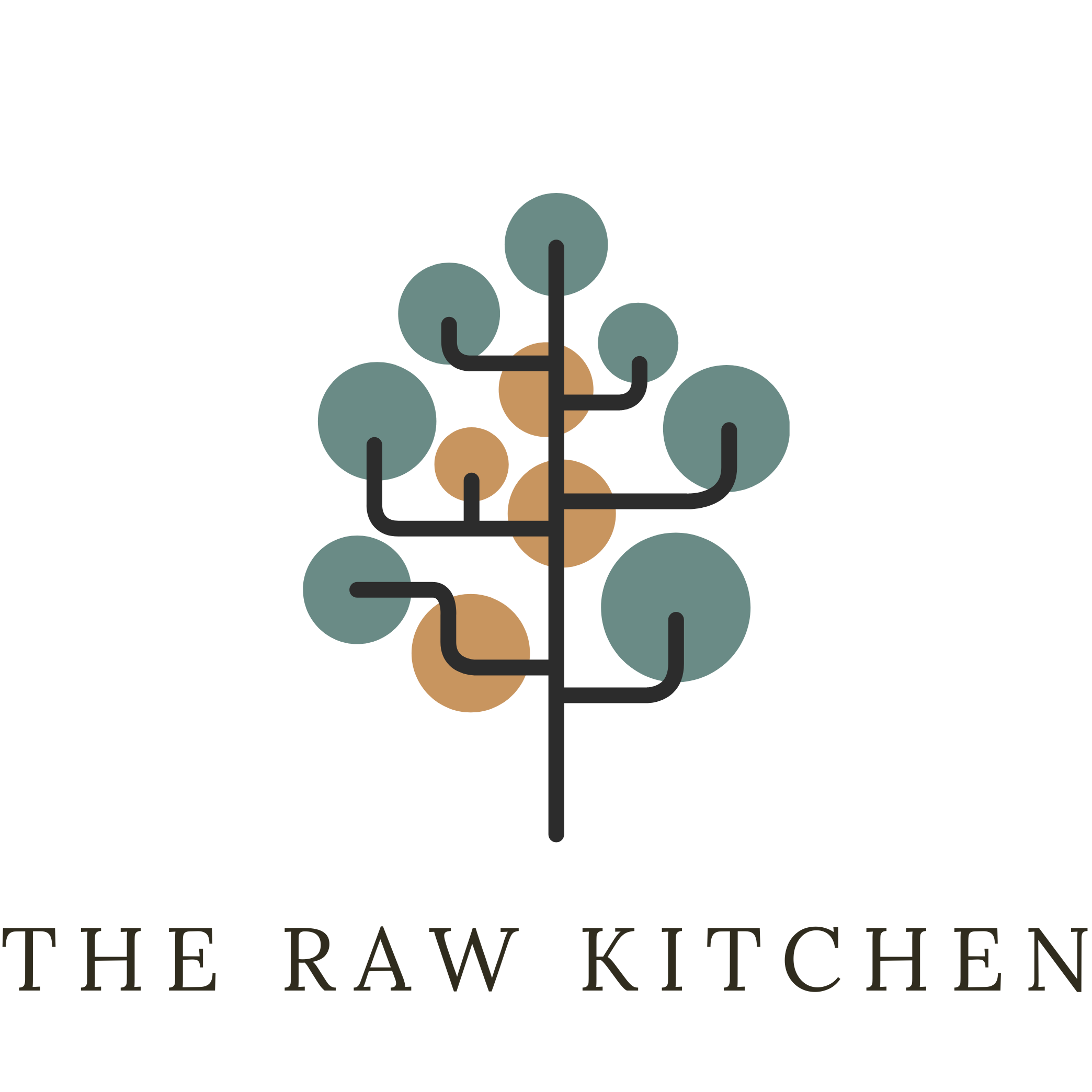
I Get a Lot of Anxiety. What Are Some Ways to Help Manage It?
In today’s fast-paced world, anxiety is becoming more common than ever. While prescription medications can help, many people are looking for natural alternatives to manage stress and promote a sense of calm.
Herbal remedies have been used for centuries to soothe the nervous system, and modern research supports their ability to reduce anxiety naturally. Below are some of the most well-researched herbs for anxiety relief.
Herbs That Help Manage Anxiety Naturally
1. Ashwagandha – The Stress-Resilience Herb
One of the most powerful adaptogens, Ashwagandha helps the body adapt to stress and lowers cortisol levels, which are responsible for feelings of anxiety.
✔ How It Helps:
- Reduces stress hormone (cortisol) levels
- Improves resilience to stress
- Enhances mental clarity and focus
How to Take It: Available in capsules, tinctures, or powder form (great for adding to smoothies or herbal teas).
2. Chamomile – The Soothing Herbal Tea
Chamomile is widely known for its calming effects and is often used before bedtime. It contains apigenin, an antioxidant that binds to receptors in the brain to reduce anxiety and promote better sleep.
✔ How It Helps:
- Encourages relaxation and emotional balance
- Eases stress-related digestive discomfort
- Promotes better sleep quality
How to Take It: Best consumed as a warm cup of chamomile tea in the evening.
3. Valerian Root – The Natural Tranquiliser
Valerian root has been used for centuries to ease anxiety and promote sleep. It works by increasing GABA levels in the brain, which helps calm the nervous system.
✔ How It Helps:
- Relieves nervous tension and restlessness
- Supports deep relaxation
- Can be useful for stress-induced insomnia
How to Take It: Found in capsules, tea blends, and tinctures.
4. Lavender – The Aromatic Stress Reliever
Lavender is commonly associated with relaxation and emotional well-being. While many use it in aromatherapy, research shows that ingesting lavender oil can significantly reduce anxiety symptoms.
✔ How It Helps:
- Lowers heart rate and blood pressure
- Helps relieve stress and tension
- Supports emotional stability
How to Use It:
🌿 Essential oil – Add a few drops to a diffuser or pillow
🌿 Lavender tea – A calming bedtime drink
🌿 Capsules – Available as an ingestible supplement
5. Passionflower – The Nervous System Calmer
Passionflower is often overlooked but has powerful anti-anxiety effects. It increases GABA production, helping to reduce nervous excitability and promote relaxation.
✔ How It Helps:
- Reduces mental chatter and overthinking
- Helps with restlessness and nervous tension
- Can be combined with valerian root for better sleep
How to Take It: Found in herbal teas, tinctures, and capsules.
6. Lemon Balm – The Mood-Boosting Herb
Lemon balm has been used for centuries to reduce stress and promote relaxation. It’s also known for improving cognitive function and mental clarity.
✔ How It Helps:
- Reduces feelings of nervousness
- Supports mental clarity and focus
- Has a gentle uplifting effect on mood
How to Take It: Often consumed in tea form or as a tincture.
Incorporating Herbal Remedies into Your Daily Life
If you’re looking to use herbs for anxiety relief, consistency is key. Here are some simple ways to make them part of your daily routine:
✔ Drink herbal teas – Chamomile, lemon balm, and passionflower make excellent bedtime teas.
✔ Use essential oils – Diffuse lavender or apply it to pulse points for relaxation.
✔ Try tinctures or capsules – Ashwagandha and valerian root are available in easy-to-use supplement forms.
✔ Make a calming bedtime routine – Combine deep breathing, Dhikr, and herbal teas for relaxation before sleep.
⚠ Important Note: Always consult a healthcare professional before introducing herbal remedies, especially if you are on medication or have existing health conditions.
Holistic Approaches to Managing Anxiety
While herbs can be a great tool for anxiety relief, they work best when combined with healthy lifestyle habits. Here are some additional strategies to help you feel more in control:
1. Mindfulness & Stress Management
✔ Deep breathing exercises – Reduces nervous system overstimulation.
✔ Salah & Dhikr – Helps you stay grounded and mindful.
✔ Journaling – Writing down your thoughts can ease anxious feelings.
2. Physical Activity & Movement
✔ Walking in nature – Helps lower cortisol levels.
✔ Stretching & yoga – Supports body-mind connection.
✔ Strength training – Releases endorphins, which improve mood.
3. Sleep & Recovery
✔ Establish a bedtime routine – No screens before bed, use lavender oil.
✔ Stick to a sleep schedule – Aim for 7-9 hours of quality sleep.
4. Diet & Gut Health
✔ Reduce processed foods & sugar – Supports stable mood and energy.
✔ Increase magnesium intake – Found in leafy greens, almonds, and dark chocolate.
✔ Drink calming herbal teas – Supports relaxation before bed.
Finding What Works for You
Managing anxiety naturally is not about finding a single magic solution, but rather building a lifestyle that supports mental and emotional well-being.
✅ Try different herbal remedies and see which works best for your body.
✅ Combine herbal support with stress management, movement, and proper sleep.
✅ Stay consistent and focus on long-term well-being rather than quick fixes.
By incorporating herbs like ashwagandha, chamomile, and valerian root, alongside mindfulness practices and a balanced lifestyle, you can create a holistic anxiety management plan that works for you.



Leave a comment
This site is protected by hCaptcha and the hCaptcha Privacy Policy and Terms of Service apply.